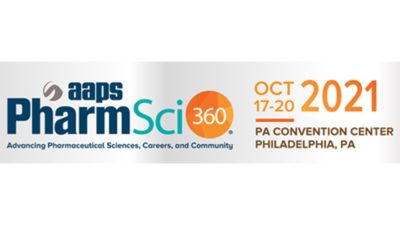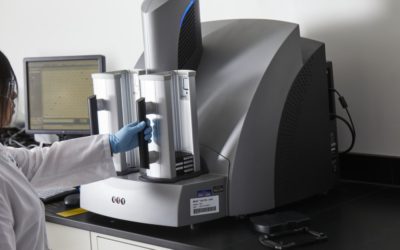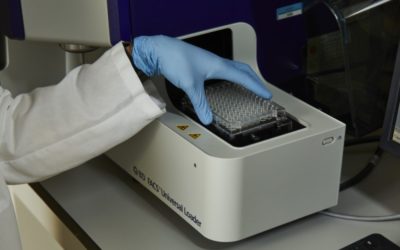WuXi AppTec is looking forward to this year's American Association of Pharmaceutical Scientists (AAPS) annual meeting—known as "PharmSci 360"—on Oct. 17-20. PharmSci 360 is being held at the Pennsylvania Convention Center located in Philadelphia's Center City...
Large Molecule
An Important First Step in the Design of a Preclinical Program
In the design of a preclinical program, identifying and understanding the broad classification of the molecule is the priority. Is it a small molecule, a chemical, a manufactured drug? Or is it a biologic or a large molecule, a construct of amino acids, providing a...
You’ve Got Molecules, We’ve Got Solutions
We offer a true, single-platform, end-to-end solution that can be catered to your specific drug discovery and development needs – saving you money while providing industry-leading turnaround times. With solutions for both small- and large-molecule development, our...
Dual Filing your IND Package: Planning Pays Off
Navigating the Investigational New Drug (IND) submission process for your drug development program can be a complex process, especially when filing with various regulatory agencies and pursuing multiple markets. However, dual, or globally filing an IND package can...
New U.S. FDA DDI Draft Guidance for Therapeutic Proteins
Preclinical drug-drug interactions (DDI) studies provide preliminary analysis and predict risk potentials for the investigated compounds when co-administrated with other drugs during future in-human trials. Knowledge pertaining to DDI studies is still rapidly...
Immunoaffinity Purification using LC-MS/MS: Comparing Two Methods
Protein quantitation by liquid chromatography-tandem mass spectrometry (LC-MS/MS) has become an increasingly popular field for pharmacokinetics study in the drug discovery phase. Traditional method development using a ligand binding assay usually requires 2-3 months....
Webinar: Practical Implications of Recent Changes to Immunogenicity Risk Assessment
Immunogenicity assessment helps drug developers understand the possible immune responses that can occur when humans are exposed to a potential therapeutic protein. Recently, the FDA has updated its guidance for immunogenicity risk assessment for developing and...
Immunogenicity Assessment for Biologics Development: How to Reduce the Risk of a Clinical Hold
In 2019, the U.S. Food and Drug Administration (FDA) revised its guidance for immunogenicity risk assessment (IRA) of biological therapies. IRA is required to help drug developers and regulatory agencies better understand the potential impact an immune response will...







